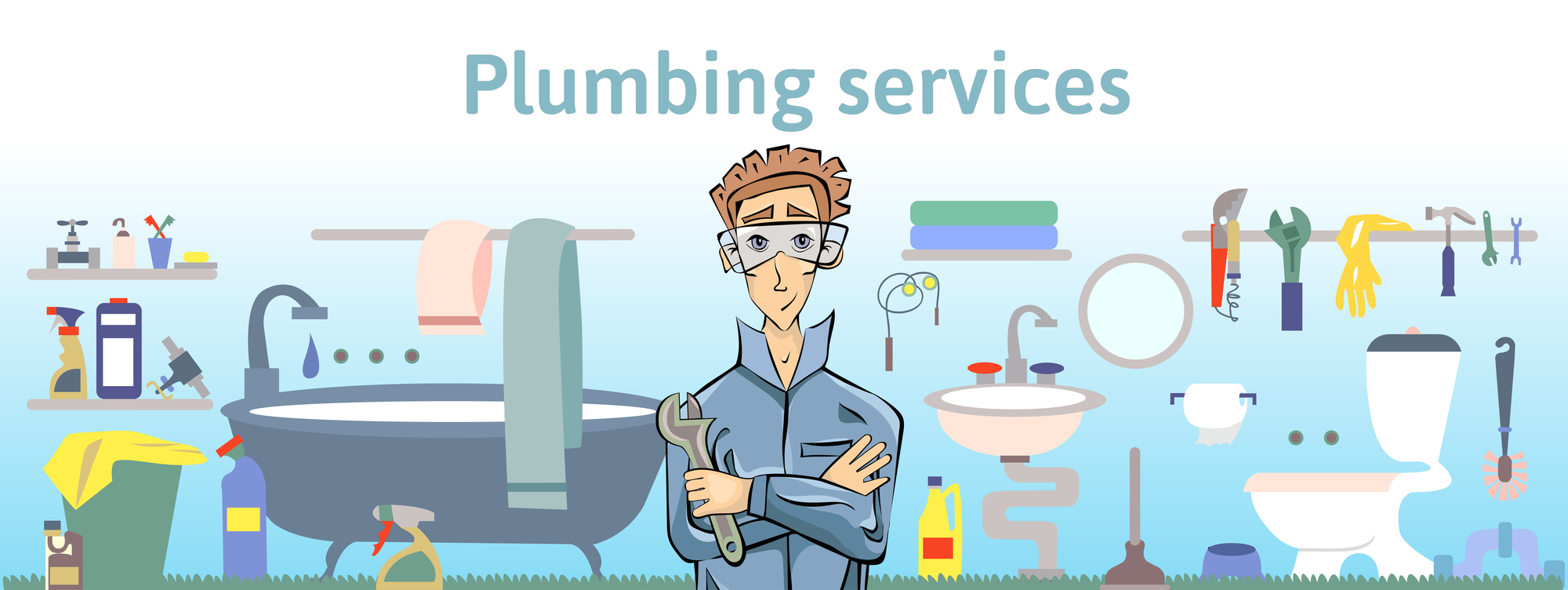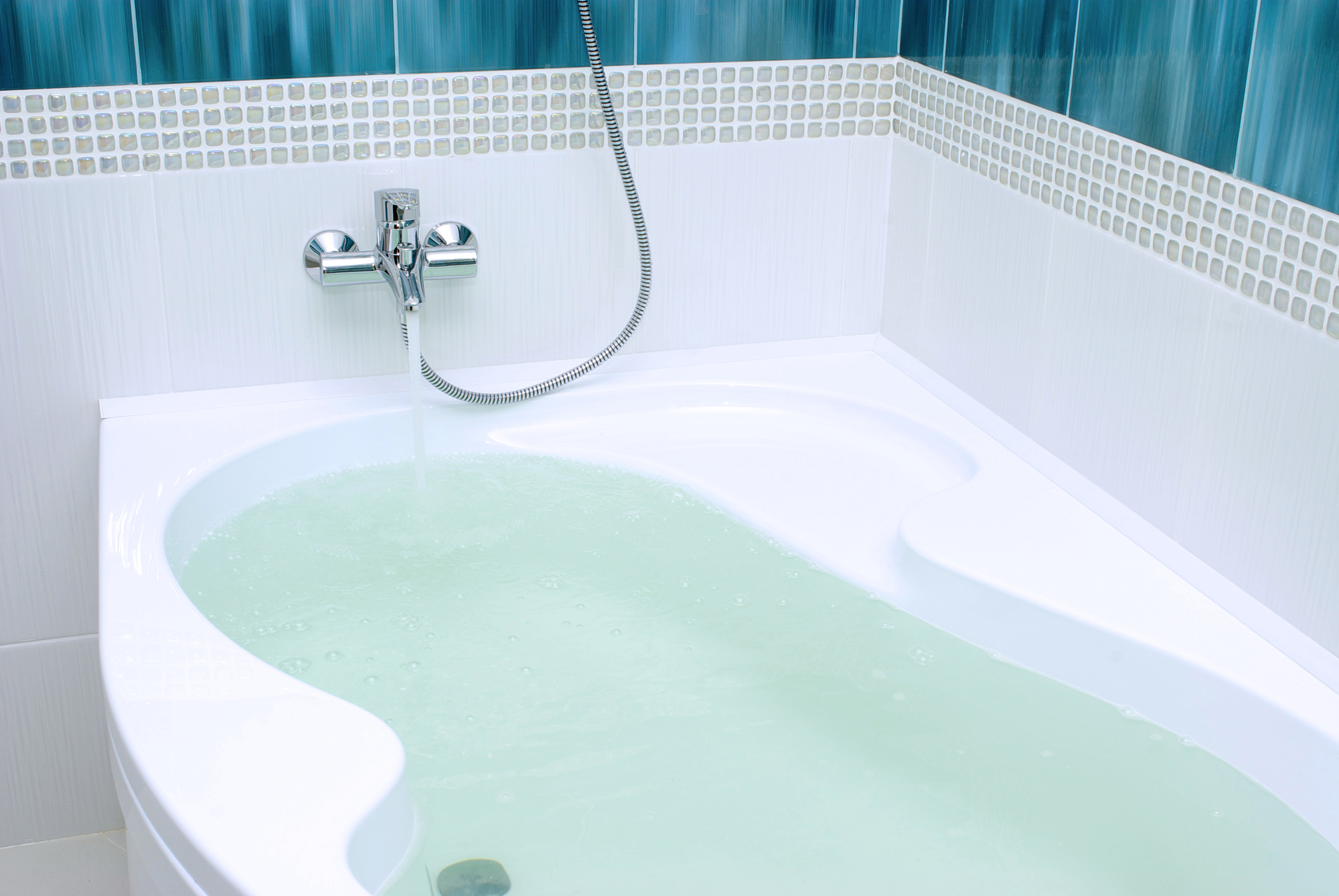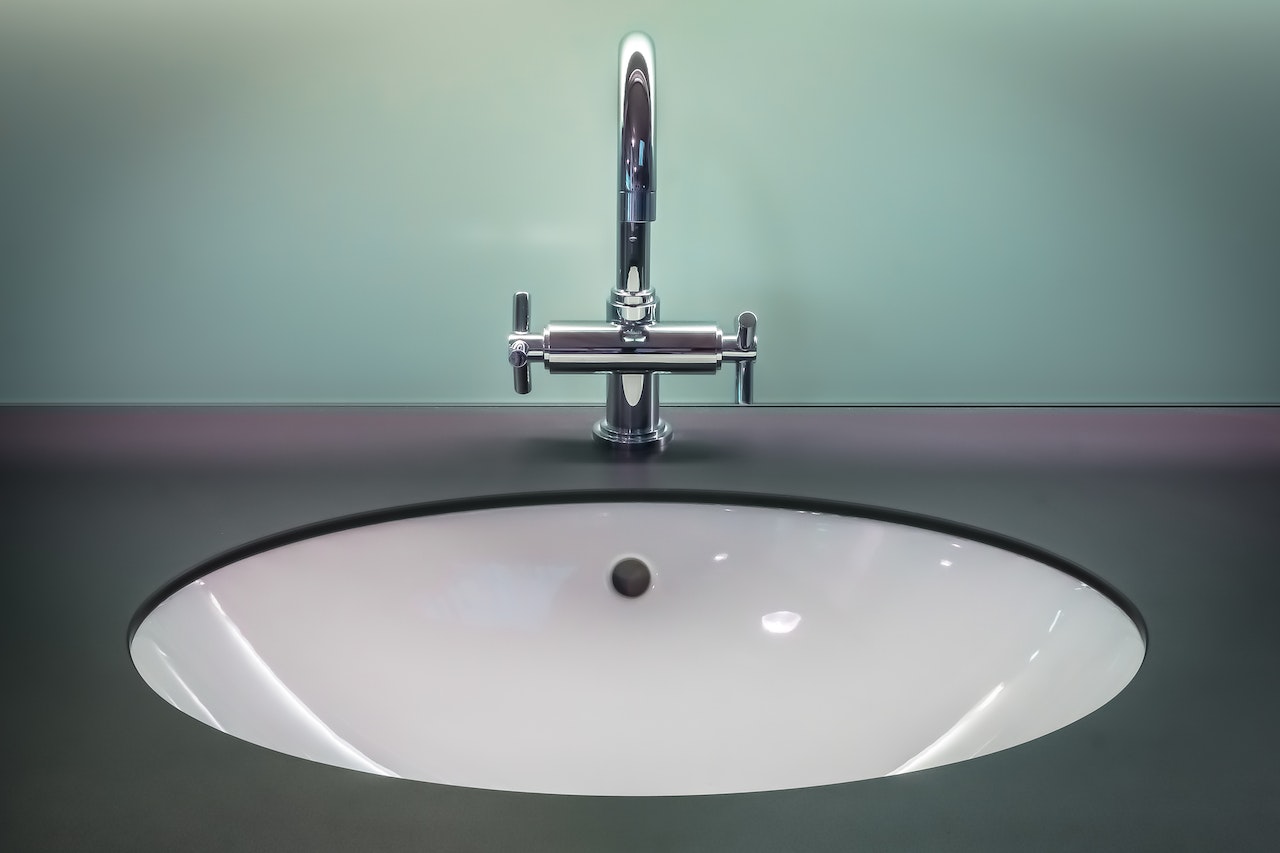In the United States, drinking water from your tap is considered one of the safest things you can do. However, recent studies have shown that there is a hidden danger lurking in our pipes: lead.
Lead is a naturally occurring metal that can be found in the earth’s crust. It was once widely used in everyday products, including paint, gasoline, and plumbing fixtures. While the use of lead in such products has been banned, it’s still present in countless homes across the country.
Many older homes were built using lead pipes, or copper pipes that were soldered with lead. Over time, these pipes can corrode, releasing lead particles into the water that flows through them.
While lead in drinking water doesn’t impact the taste or smell of the water, exposure to even small amounts of lead over time can be harmful, particularly for children. Lead poisoning can lead to learning disabilities, behavioral problems, and other serious health issues.

If you’re worried about lead in your home’s drinking water, the first and most important step is to have your water tested. Generally, you can contact your local water utility to request a test. The test results will show the level of lead present in your water and whether or not you need to take action.
If the test results come back positive, there are several steps you can take to reduce your exposure to lead in drinking water:
1. Flush your pipes: If your home has been vacant for several hours or overnight, it’s a good idea to flush your pipes by running the tap for at least 30 seconds before using the water for consumption.
2. Use a filter: A water filter that’s Certified to remove lead can be installed at the tap or under the sink if you want to remove lead from your drinking water. Talk to your plumbing expert to choose the right filter for your needs.

3. Replace your pipes: If your home has lead pipes or lead-soldered copper pipes, you may want to consider replacing them with new pipes. While it is the most expensive option, it eliminates the risk of lead exposure from pipes altogether.
4. Water Treatment: A reverse osmosis water treatment unit or a Distiller can be installed for your entire house. Talk to your plumbing expert to choose the right unit to suit your needs.
5. Don’t boil your water: Boiling your water does not remove lead. Instead, it can concentrate the lead.
If you’re interested in testing your home’s drinking water for lead or any other contaminants, or if you’re interested in replacing your home’s old lead pipes altogether, contact the plumbing experts at Ace Plumbing today by visiting aceplumbingrepair.com or call (844) 711-1590.
At Ace Plumbing, our plumbing experts are equipped with the latest technology and knowledge to help you ensure the safety and longevity of your home’s plumbing system. Let us help you make sure that your home’s water is clean, safe, and refreshing.






